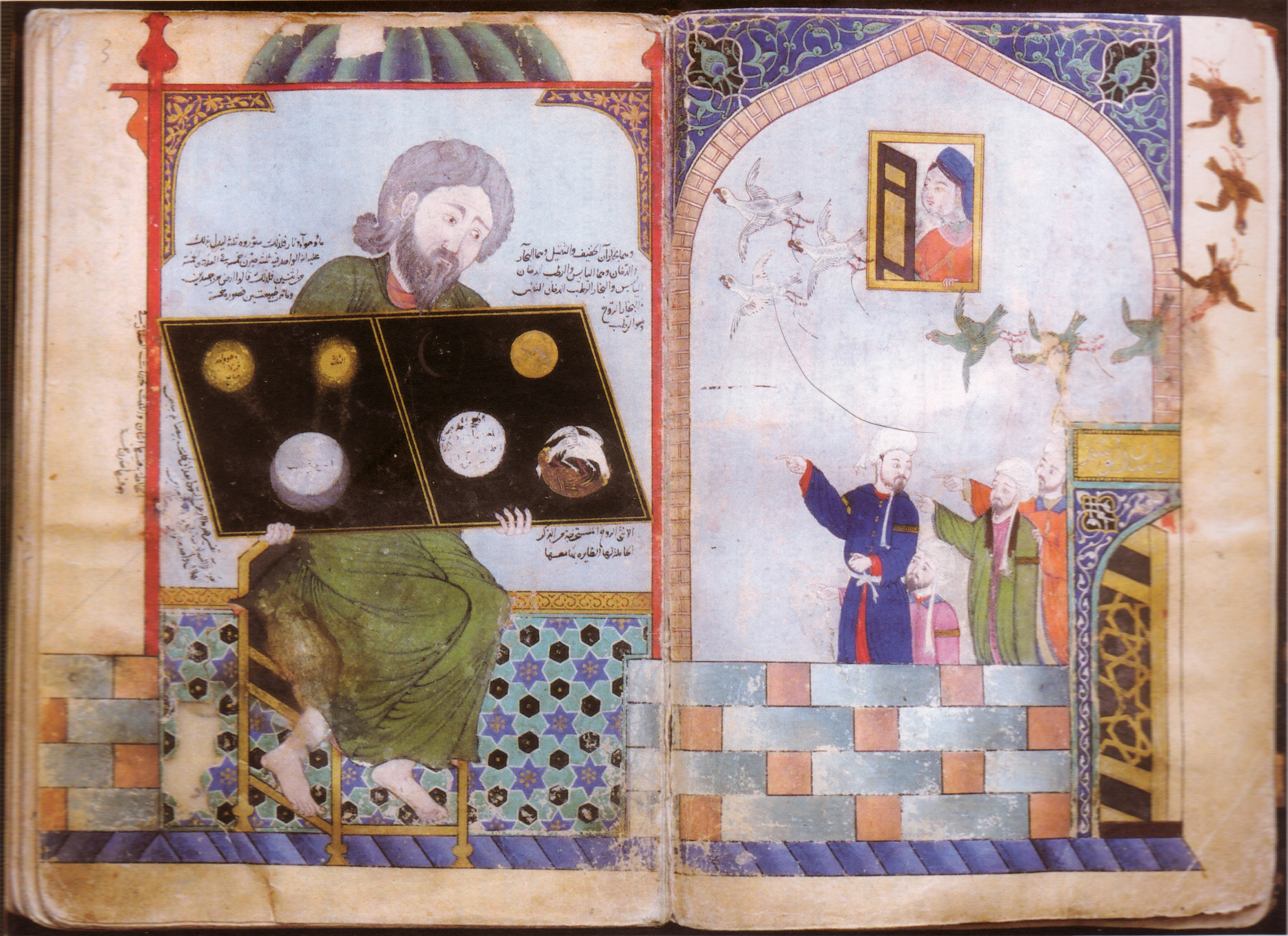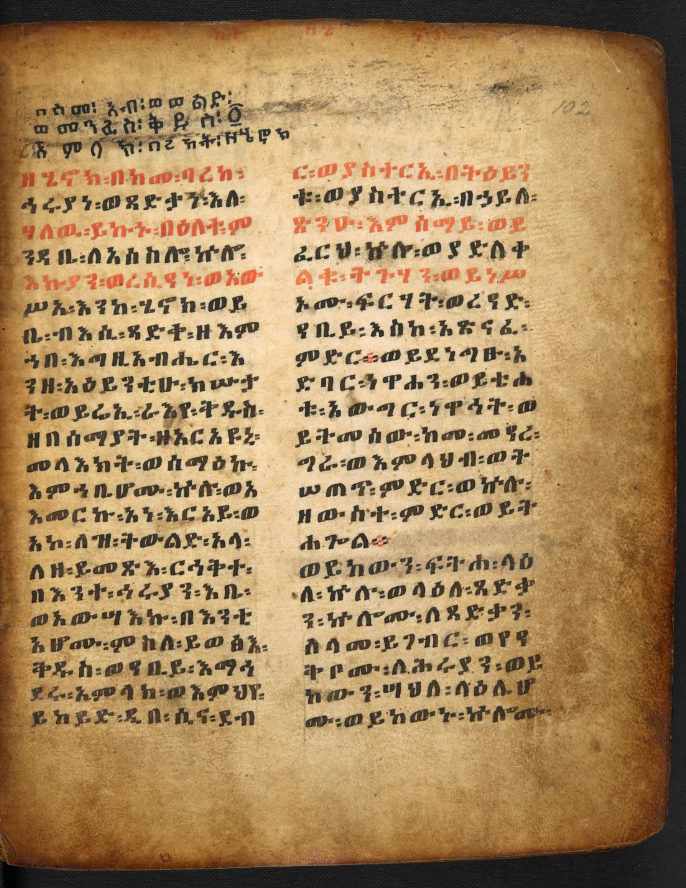|
Zosimus Of Panopolis
Zosimos of Panopolis (; also known by the Latin name Zosimus Alchemista, i.e. "Zosimus the Alchemist") was an alchemist and Gnostic mystic. He was born in Panopolis (present day Akhmim, in the south of Roman Egypt), and likely flourished ca. 300 AD. He wrote the oldest known books on alchemy, which he called "Cheirokmeta," using the Greek word for "things made by hand." Pieces of this work survive in the original Greek language and in translations into Syriac or Arabic. He is one of about 40 authors represented in a compendium of alchemical writings that was probably put together in Constantinople in the 7th or 8th century AD, copies of which exist in manuscripts in Venice and Paris. Stephen of Alexandria is another. Arabic translations of texts by Zosimos were discovered in 1995 in a copy of the book ''Keys of Mercy and Secrets of Wisdom'' by Ibn Al-Hassan Ibn Ali Al-Tughra'i', a Persian alchemist. The translations were incomplete and seemingly non-verbatim. The famo ... [...More Info...] [...Related Items...] OR: [Wikipedia] [Google] [Baidu] |
Ibn Al-Nadim
Abū al-Faraj Muḥammad ibn Isḥāq an-Nadīm (), also Ibn Abī Yaʿqūb Isḥāq ibn Muḥammad ibn Isḥāq al-Warrāq, and commonly known by the '' nasab'' (patronymic) Ibn an-Nadīm (; died 17 September 995 or 998), was an important Muslim bibliographer and biographer of Baghdad who compiled the encyclopedia '' Kitāb al-Fihrist'' (''The Book Catalogue''). Biography Much known of an-Nadim is deduced from his epithets. 'an-Nadim' (), 'the Court Companion' and 'al-Warrāq () 'the copyist of manuscripts'. Probably born in Baghdad ca. 320/932 he died there on Wednesday, 20th of Shaʿban A.H. 385. He was a Persian or perhaps an Arab. Little is known about Ibn an-Nadīm's life. Some historians say that he was of Persian descent , but this is not certain. However, the choice of the rarely used Persian word pehrest (fehrest/fehres/fahrasat) meaning "The List" as the title for a handbook on Arabic literature is noteworthy in this context. From age six, he may have attended a ''mad ... [...More Info...] [...Related Items...] OR: [Wikipedia] [Google] [Baidu] |
Ibn Umail
Muḥammad ibn Umayl al-Tamīmī (), known in Latin as Senior Zadith, was an early Muslim alchemist who lived from to Very little is known about his life. A Vatican Library catalogue lists one manuscript with the ''nisba'' al-Andalusī, suggesting a connection to Islamic Spain, but his writings suggest he mostly lived and worked in Egypt. He also visited North Africa and Iraq.Starr, Peter''Towards a Context for Ibn Umayl, Known to Chaucer as the Alchemist Senior'' Retrieved 2024-05-06 He seems to have led an introverted life style, which he recommended to others in his writings.p. XIII. Statements in his writings, comparing the Alchemical oven with Egyptian temples suggest that he might have lived for some time in Akhmim, the former centre of Alchemy. He also quoted alchemists that had lived in Egypt: Zosimos of Panopolis and Dhul-Nun al-Misri. In later European literature, ibn Umayl became known by a number of names: his title Sheikh become 'senior' by translation into Lat ... [...More Info...] [...Related Items...] OR: [Wikipedia] [Google] [Baidu] |
Nag Hammadi
Nag Hammadi ( ; ) is a city and Markaz (administrative division), markaz in Upper Egypt. It is located on the west bank of the Nile in the Qena Governorate, about north-west of Luxor. The city had a population of close to 61,737 . History The town of Nag Hammadi was found on the site of older villages Ansan () and al-Luaqi () in the 19th century and was named after its founder, Mahmoud Pasha Hammadi, a member of the Hammadi family in Sohag, Egypt. Mahmoud Pasha Hammadi was a major landholder in Sohag, and known for his strong opposition to the History of Egypt under the British, British rule in Egypt beginning in 1882. In the city of Nag Hammadi, there is the palace of Prince Youssef Kamal, a member of the royal family (the family of Muhammad Ali of Egypt, Muhammad Ali Pasha), which overlooks the Nile River and is now an archaeological site. Nag Hammadi is about west of ancient Sheneset-Chenoboskion, Chenoboskion () The "Nag Hammadi library", an important collection of 2n ... [...More Info...] [...Related Items...] OR: [Wikipedia] [Google] [Baidu] |
Pleroma
Pleroma (, literally "fullness") generally refers to the totality of divine powers. It is used in Christian theological contexts, as well as in Gnosticism. The term also appears in the Epistle to the Colossians, which is traditionally attributed to Paul the Apostle. The word is used 17 times in the New Testament. Etymology The word literally means "fullness", from the verb (, "to fill"), from (Wikt:πλήρης, πλήρης, "full"). Christianity New Testament The word itself is a relative term, capable of many shades of meaning, according to the subject with which it is joined and the antithesis to which it is contrasted. It denotes the result of the action of the verb ''pleroun;'' but ''pleroun'' is either *to fill up an empty thing (''e.g.'' ), or *to complete an incomplete thing (''e.g.'' ); and the verbal substantive in -''ma'' may express either #the objective accusative after the verb, 'the thing filled or completed,' or # the cognate accusative, 'the state of ... [...More Info...] [...Related Items...] OR: [Wikipedia] [Google] [Baidu] |
George Syncellus
George Syncellus (, ''Georgios Synkellos''; died after 810) was a Byzantine chronicler and ecclesiastical official. He lived many years in Palestine (probably in the Old Lavra of Saint Chariton or Souka, near Tekoa) as a monk, before coming to Constantinople, where he was appointed '' synkellos'' (literally, "cell-mate") to Tarasius, patriarch of Constantinople. He later retired to a monastery to write what was intended to be his great work, a chronicle of world history, ''Ekloge chronographias'' (), or ''Extract of Chronography''. According to Anastasius Bibliothecarius, George "struggled valiantly against heresy Iconoclasm.html" ;"title=".e. Iconoclasm">.e. Iconoclasmand received many punishments from the rulers who raged against the rites of the Church", although the accuracy of the claim is suspect. As a '' synkellos'', George stood high in the ecclesiastical establishment of Constantinople. The position carried no defined duties, but the incumbent would generally serve as the ... [...More Info...] [...Related Items...] OR: [Wikipedia] [Google] [Baidu] |
Apocryphon Of John
The ''Apocryphon of John'', also called the ''Secret Book of John'' or the ''Secret Revelation of John'', is a 2nd-century Sethianism, Sethian gnosticism, Gnostic Christian pseudepigrapha, pseudepigraphical text attributed to John the Apostle. It is one of the texts addressed by Irenaeus in his Christian polemic ''Against Heresies (Irenaeus), Against Heresies,'' placing its composition before 180 AD. It tells of the appearance of Jesus and the imparting of secret knowledge (gnosis) to his disciple John. The author describes it as having occurred after Jesus had "gone back to the place from which he came". Overview Many second-century Christians, both Gnostic and orthodox, hoped to receive a transcendent personal revelation such as Paul the Apostle reported to the church at Corinth () or that John the Revelator experienced on the isle of Patmos, which inspired the ''Book of Revelation''. As ''Acts'' narrates what happened after the time Jesus ascended to heaven, so the ''Apoc ... [...More Info...] [...Related Items...] OR: [Wikipedia] [Google] [Baidu] |
Book Of Enoch
The Book of Enoch (also 1 Enoch; Hebrew language, Hebrew: סֵפֶר חֲנוֹךְ, ''Sēfer Ḥănōḵ''; , ) is an Second Temple Judaism, ancient Jewish Apocalyptic literature, apocalyptic religious text, ascribed by tradition to the Patriarchs (Bible), patriarch Enoch who was the father of Methuselah and the great-grandfather of Noah..Barker, Margaret. (2005) [1998]. ''The Lost Prophet: The Book of Enoch and Its Influence on Christianity''. London: SPCK; Sheffield Phoenix Press. The Book of Enoch contains unique material on the origins of demons and Nephilim, why some fallen angel, angels fell from heaven, an explanation of why the Genesis flood narrative, Genesis flood was morally necessary, and a prophetic exposition of the Millennialism, thousand-year reign of the Messiah. Three books are traditionally attributed to Enoch, including the distinct works 2 Enoch and 3 Enoch. 1 Enoch is not considered to be Biblical canon, canonical scripture by most Jewish or Christian chu ... [...More Info...] [...Related Items...] OR: [Wikipedia] [Google] [Baidu] |
Metallurgy
Metallurgy is a domain of materials science and engineering that studies the physical and chemical behavior of metallic elements, their inter-metallic compounds, and their mixtures, which are known as alloys. Metallurgy encompasses both the science and the technology of metals, including the production of metals and the engineering of metal components used in products for both consumers and manufacturers. Metallurgy is distinct from the craft of metalworking. Metalworking relies on metallurgy in a similar manner to how medicine relies on medical science for technical advancement. A specialist practitioner of metallurgy is known as a metallurgist. The science of metallurgy is further subdivided into two broad categories: chemical metallurgy and physical metallurgy. Chemical metallurgy is chiefly concerned with the reduction and oxidation of metals, and the chemical performance of metals. Subjects of study in chemical metallurgy include mineral processing, the extraction ... [...More Info...] [...Related Items...] OR: [Wikipedia] [Google] [Baidu] |
Fallen Angel
Fallen angels are angels who were expelled from Heaven. The literal term "fallen angel" does not appear in any Abrahamic religions, Abrahamic religious texts, but is used to describe angels cast out of heaven. Such angels are often described as corrupting humanity by teaching forbidden knowledge or by tempting them into sin. Common motifs for their expulsion are lust, pride, envy, or an attempt to usurp divinity. The earliest appearance of the concept of fallen angels may be found in Canaanite religion, Canaanite beliefs about the ''bənē hāʾĔlōhīm'' ("sons of God"), expelled from the Pantheon (religion), divine court. ''Hêlêl ben Šāḥar'' is thrown down from heaven for claiming equality with ''ʻElyōn''. Such stories were later collected in the Old Testament and appear in Pseudepigrapha, pseudepigraphic Apocalyptic literature, Jewish literature. The concept of fallen angels derives from the assumption that the "sons of God" () mentioned in Primeval history, Genesi ... [...More Info...] [...Related Items...] OR: [Wikipedia] [Google] [Baidu] |
Gnostic
Gnosticism (from Ancient Greek: , romanized: ''gnōstikós'', Koine Greek: �nostiˈkos 'having knowledge') is a collection of religious ideas and systems that coalesced in the late 1st century AD among early Christian sects. These diverse groups emphasized personal spiritual knowledge ('' gnosis'') above the proto-orthodox teachings, traditions, and authority of religious institutions. Generally, in Gnosticism, the Monad is the supreme God who emanates divine beings; one, Sophia, creates the flawed demiurge who makes the material world, trapping souls until they regain divine knowledge. Consequently, Gnostics considered material existence flawed or evil, and held the principal element of salvation to be direct knowledge of the hidden divinity, attained via mystical or esoteric insight. Many Gnostic texts deal not in concepts of sin and repentance, but with illusion and enlightenment. Gnosticism likely originated in the late first and early second centuries around Alex ... [...More Info...] [...Related Items...] OR: [Wikipedia] [Google] [Baidu] |
Hermeticism
Hermeticism, or Hermetism, is a philosophical and religious tradition rooted in the teachings attributed to Hermes Trismegistus, a syncretism, syncretic figure combining elements of the Greek god Hermes and the Egyptian god Thoth. This system encompasses a wide range of Western esotericism, esoteric knowledge, including aspects of alchemy, astrology, and theurgy, and has significantly influenced various mystical and occult traditions throughout history. The writings attributed to Hermes Trismegistus, often referred to as the ''Hermetica'', were produced over a period spanning many centuries () and may be very different in content and scope. One particular form of Hermetic teaching is the religio-philosophical system found in a specific subgroup of Hermetic writings known as the Hermetica#Religio-philosophical Hermetica, 'religio-philosophical' ''Hermetica''. The most famous of these are the ''Corpus Hermeticum'', a collection of seventeen Ancient Greek, Greek treatises written b ... [...More Info...] [...Related Items...] OR: [Wikipedia] [Google] [Baidu] |






